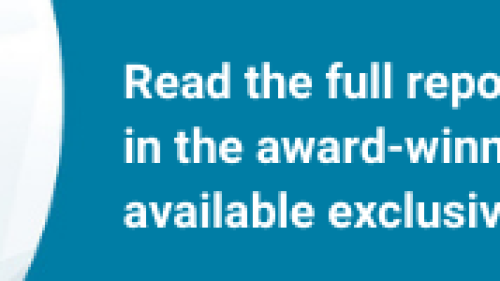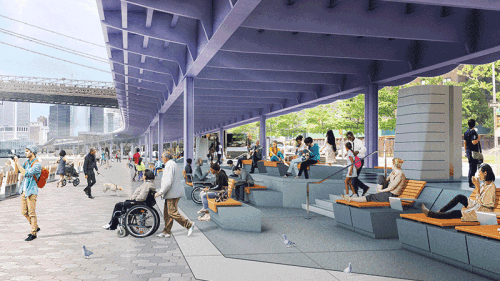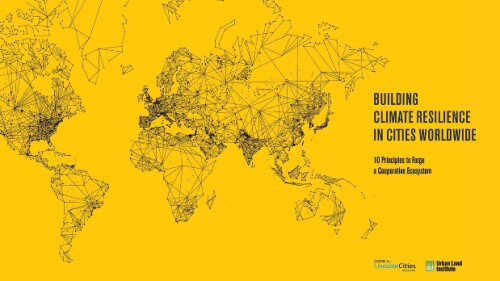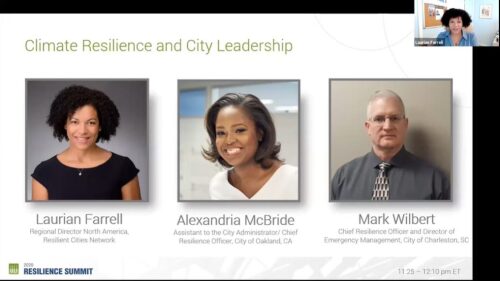Environmental, Social, and Governance (ESG)
First launched in 2017, the podcast Leading Voices in Real Estate (LVRE) recently celebrated it’s 100th episode. The podcast is hosted by Terra Search managing partner and founder Matt Slepin and has featured many of ULI’s leaders including ULI CEO Ed Walter. Slepin recently hosted a two-part discussion of the challenges facing the commercial real estate industry tackling climate change.
ULI has launched a first-of-its-kind central resource cataloging innovative parking policy reforms intended to promote more efficient use of land and creation of healthier neighborhoods.
A recent ULI webinar—with member speakers from ULI Toronto, ULI British Columbia, and ULI Alberta—addressed what leading real estate companies are doing to decarbonize their operations and development in anticipation of regulatory requirements.
The real estate industry is tackling the twin challenges of a cyclical downturn juxtaposed with the long-term consequences from the disruption caused by COVID-19, and the environmental, social, and governance agenda becoming increasingly important.
Collaborative efforts were celebrated at a Centre for Liveable Cities World Cities Summit Preview event on climate resilience in January, which explored how to accelerate cooperation between the public and private sectors.
A new publication from ULI and Singapore’s Centre for Liveable Cities calls on cities worldwide to recognize their common challenges in building climate resilience. It sets out a strategy for mobilizing individuals—whether in business, government, or civic organizations, or as residents—to act as global citizens and take steps toward making their cities more climate resilient.
The climate plan outlined by U.S. President-elect Joe Biden’s administration is significant in that it reaffirms a commitment to addressing climate challenges, said panelists participating in a recent webinar hosted by the ULI Center for Sustainability and Economic Performance. The plan would also provide considerable resources to support and propel innovation throughout the real estate industry in key areas such as energy efficiency, carbon emission mitigation, and climate change resilience.
In early December, ULI members gathered virtually to discuss climate risk and real estate at the second annual Resilience Summit. The event’s agenda focused on how real estate and land use professionals can prepare for and adapt to the impacts of climate change, and where leadership could help shape better outcomes for the future.
The Initiative for Energy Justice aims to: (1) contribute to a bottom-up movement of energy justice, originating in frontline communities, by arming movement and base-building organizations in the environmental, racial, and economic justice spaces with well-supported policy research and workable transactional models for operationalizing a just transition to renewable energy; and (2) provide city and state policymakers with concrete energy policy frameworks and best practice tools that foreground equity in the transition to renewable energy, drawing on the best available data collected from frontline advocates, existing energy policies, and frameworks designed by our team.
In a new survey conducted by ULI and EY, real estate professionals said that they overwhelmingly expect increased remote working, including more working from home (96 percent), more remote working away from the home (72 percent), and more use of satellite offices at the edge of cities (67 percent).








